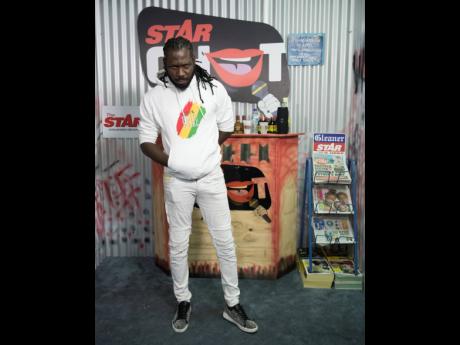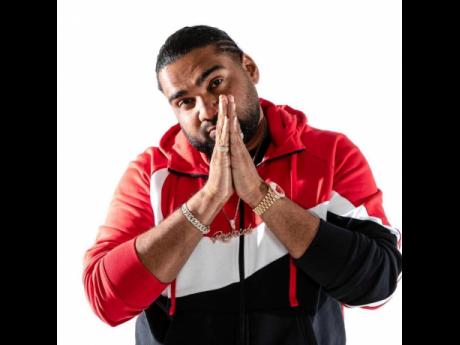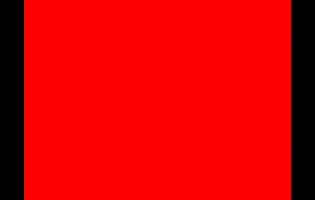Nothing wrong with political dubs - Entertainment insiders say artistes free to make own choices
The decision by some of dancehall's top artistes to voice dubplates for politicians has not gone down well with some of their colleagues.
Tanya Stephens, Queen Ifrica and Bounty Killer were among those showing disappointment in artistes who have used their music to endorse members of the country's leading political parties. Pointing out the fight dancehall music has endured over the years at the hands of some of these politicians, some artistes believe their colleagues should have rejected the request for dubs. They felt that this was the perfect opportunity for entertainers to band together and demand more support for dancehall.
But a few industry insiders told THE STAR that before artistes lash out against their colleagues for not drumming up more support for the industry from the powers that be, they must first learn to support each other. "Within the dancehall fraternity, we have so many factions fighting against each other and being hypocrites towards each other that it's hard for the industry to advance itself. We are pushing this disunity even further by asking other artistes who are doing nothing wrong and illegal to take a stand with them based on how they see things," said producer Cordel 'Skatta' Burrell. "When we look at 1978 when Bob Marley was holding up Michael Manley and Edward Seaga hands at a concert, we realise that music has always been a vital part of politics, and that will never change. If the great Bob Marley never shy away from it, don't expect these young cats to shy away from it either. I support artistes doing what they want to do because it's their careers weh dem struggle over." Artiste manager Romeich Major, whose artistes Shenseea and Teejay have each voiced dubs for politicians of both major parties, said he believes artistes should be able to do what they want without being condemned for their actions.
Big push for music
"We affi respect artistes weh a voice dubs. This is a big push for music overall and all a dem people deh weh a talk bout this and a bash this and that, dem just a cuss because nobody nah call dem fi nuh dub. Straight and plain. Dancehall artistes fight each other too much," he said. "I don't see in no way how voicing dubs is negative. If you can have the prime minister posting something from a dancehall artiste, a ghetto yute weh never know say one day the prime minister would a post something from him and a represent his brand, dat a supmn fi proud bout. Dat a show yutes where the music can reach."
Major added that despite all the chatter surrounding politicians and the lack of support they have shown for the music industry, he believes their support of dancehall music has grown tremendously over the years. "Now a di best me see dem push music in certain ways. Although dem still a fight events, the music a get a push. And me nah say dem nuffi invest more in a dancehall because there is always room to do more. Mi only hope dem see after all this buzz dancehall music has created for the election that they need to do more," he said. Public relations guru Tara Playfair-Scott said that she hoped that politicians saw the value of Jamaican music, especially dancehall, and the benefits it brings.
"They are taking advantage of that benefit now but in order for things to grow, you have to plant," she said. "So if they're not going to give us soil and a firm foundation for the music to grow, then they can't just expect to continue reaping. They have to nurture the industry because I don't think it's fair to ask from them (artistes and other industry players) only when you need something for yourself. One has to support the other."








































